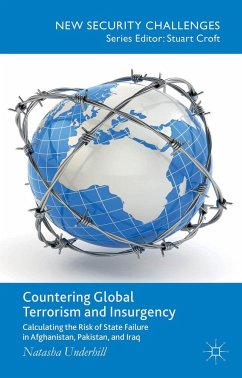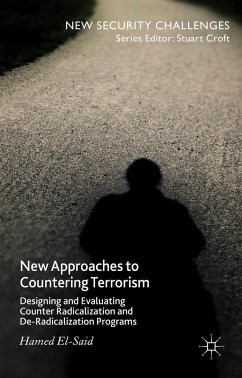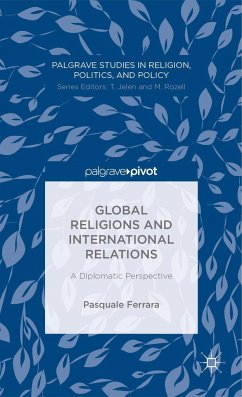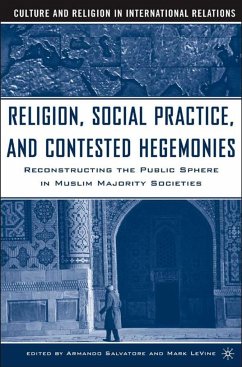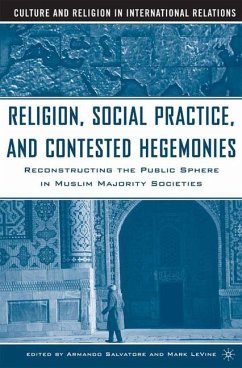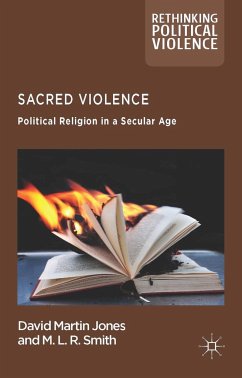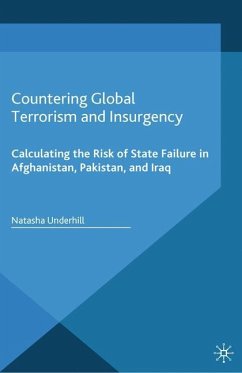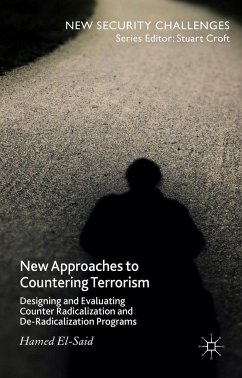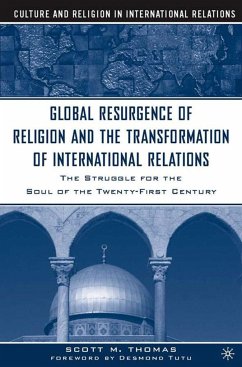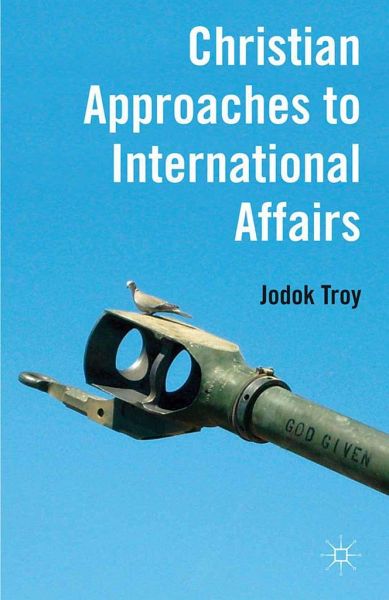
Christian Approaches to International Affairs
Versandkostenfrei!
Versandfertig in 6-10 Tagen
83,99 €
inkl. MwSt.
Weitere Ausgaben:

PAYBACK Punkte
42 °P sammeln!
Troy analyses how the understanding of religion in Realism and the English School helps in working towards the greater good in international relations, studying religion within the overall framework of international affairs and the field of peace studies.




